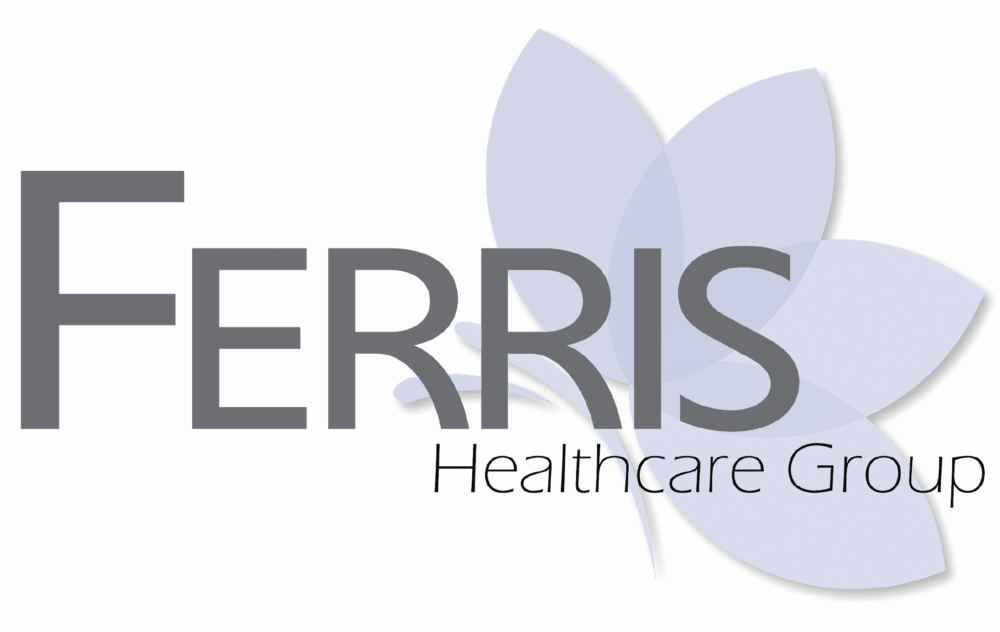
Understanding Adoption Disruptions: How Psychotherapy Can Help Families Heal
By Ferris Health Contributor April 2, 2024
Adoption is a profound journey that can transform the lives of both children and families. However, amidst the joy and hope that adoption brings, there can also be challenges and heartaches. One of the most difficult experiences in adoption is an adoption disruption, where the placement of a child in an adoptive family does not result in a permanent adoption. This can be a deeply emotional and distressing time for everyone involved. In such situations, psychotherapy plays a crucial role in providing support, healing, and guidance for families navigating the complexities of adoption disruptions.
What Are Adoption Disruptions? Adoption disruptions, also known as failed adoptions, occur when the adoption process is interrupted or terminated before legal finalization, leading to the child/infant not being placed in the adoptive family’s care. These disruptions can happen for various reasons, including behavioral challenges, mismatched expectations, lack of support, adoption agency and birth parent challenges, unforeseen circumstances, legal issues, or a combination of factors. Regardless of the specific reasons, adoption disruptions represent a significant loss and upheaval for the child, the adoptive parents, and sometimes the biological parents or other family members involved.
The Impact of Adoption Disruptions: Adoption disruptions can have profound emotional, psychological, and relational impacts on all parties involved. For the child, it can lead to feelings of rejection, confusion, and loss of trust. Adoptive parents may experience grief, guilt, shame, and a sense of failure. Biological parents, if they were part of the process, may also struggle with feelings of loss and disappointment. Additionally, the disruption can strain relationships within the adoptive family and with external support networks.
The Role of Psychotherapy: Psychotherapy, particularly specialized therapeutic approaches, plays a crucial role in helping families cope with and heal from adoption disruptions. Here’s how psychotherapy can help:
1. Processing Emotions: Psychotherapy provides a safe and supportive space for individuals to express and process their emotions related to the adoption disruption. This includes grief, anger, sadness, guilt, shame, and any other complex feelings that may arise.
2. Understanding the Experience: Therapists help individuals understand the factors that contributed to the adoption disruption, including underlying dynamics, expectations, challenges, and external influences. This understanding can facilitate healing and growth.
3. Building Coping Strategies: Psychotherapy equips individuals with coping strategies and resilience-building techniques to navigate the emotional and practical challenges associated with adoption disruptions. This may include stress management, communication skills, boundary-setting, and self-care practices.
4. Rebuilding Relationships: Therapy supports individuals in rebuilding and strengthening relationships within the family and with external support networks. This includes addressing communication breakdowns, trust issues, and rebuilding a sense of connection and security.
5. Navigating Future Steps: Therapists assist families in exploring their options and making informed decisions about the next steps in their adoption journey, whether that involves pursuing adoption again, exploring alternative family-building paths, or focusing on healing and growth as a family unit.
Adoption disruptions are complex and challenging experiences that require compassionate and comprehensive support. Psychotherapy provides a vital lifeline for families grappling with the aftermath of adoption disruptions, offering a pathway toward healing, understanding, resilience, and hope. By addressing emotional, psychological, and relational needs, psychotherapy empowers families to navigate the complexities of adoption disruptions and emerge stronger, more connected, and better equipped for the journey ahead.





